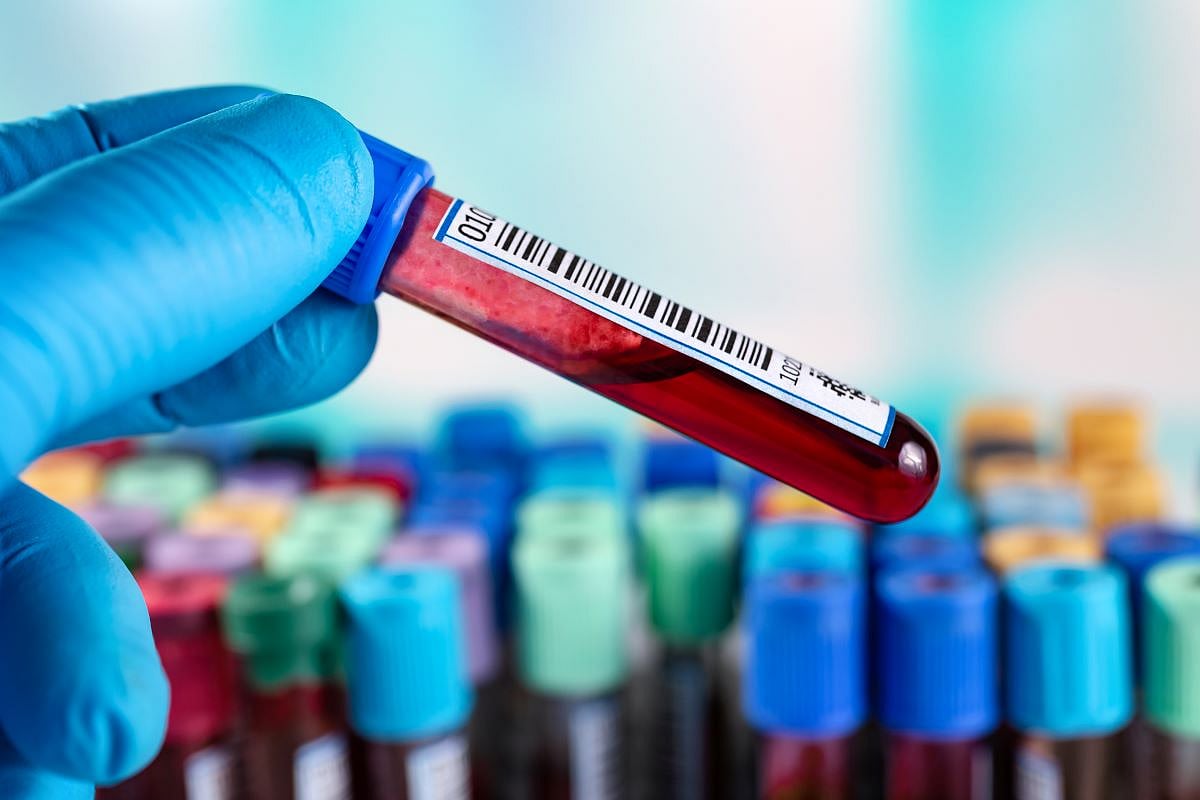Manténgase sano!

- Posted July 29, 2024
Blood Test 91% Accurate at Predicting Alzheimer's, Outperforming Doctors
A new test gauging levels of key proteins in the blood was far more accurate than doctor assessments in spotting Alzheimer's disease in people with early-stage illness.
The test, called APS2 (the amyloid probability score 2), was 91% accurate in diagnosing Alzheimer's in people with mild cognitive decline or early dementia, compared to the 61% success rate of primary care doctors who examined the same patients.
The test isn't yet approved for routine use. But Dr Teresa D'Amato, director of geriatric emergency medicine at Northwell Health in Forest Hills, NY, called the new data "very exciting."
"This blood test would be great as a first round of diagnostic testing because it it looks like it's pretty accurate," said D'Amato, who wasn't involved in the new study.
The findings were published July 28 in the Journal of the American Medical Association.
An accurate, easily administered blood test for Alzheimer's could be a game-changer, according to a team of dementia experts who wrote an editorial accompanying the research.
"Diagnosing Alzheimer's is challenging, especially in primary care. Having a reliable blood test is essential to help primary care physicians make an early and accurate diagnosis," the editorialists said. They included Dr. Stephen Salloway, of Brown University, Dr. Christopher Rowe, of the University of Melbourne, Australia, and Dr. Jeffrey Burns, of the University of Kansas Medical Center.
The new test was developed by a team led by Dr. Sebastian Palmquist. of Skane University Hospital and Lund University in Malmo, Sweden.
The recent advent of drugs that slow Alzheimer's in its earliest stages have made the search for an easier, more accurate diagnostic test more urgent.
"It becomes really important to diagnose Alzheimer’s very early on to make these folks eligible for possible treatment," D'Amato said.
The new test relies on relative blood levels of two types of proteins whose buildup in the brain has long been a hallmark of Alzheimer's: Tau "tangles" and amyloid "plaques."
In the study, 1,213 patients who were experiencing "cognitive symptoms" were evaluated by either a standard primary care physician exam or by the use of the APS2 test. The patients averaged about 74 years of age.
Overall, 23% had "subjective cognitive decline," 44% had "mild cognitive impairment" and 33% had already been diagnosed with dementia.
Patients were assessed by primary care physicians who relied on standard, internationally recognized criteria as well as CT scans and cognitive tests.
Patients also got the APS2 blood test.
Results from each of those screening methods were compared to "gold standard" tests for Alzheimer's (cerebrospinal fluid tests and PET scans looking for amyloid and tau in the brain).
According to Palmquist's group, the ASPS2 ended up being 91% accurate in spotting Alzheimer's disease in patients, compared to the 61% accuracy of the primary care doctors.
The blood test even beat dementia specialists: They were 73% correct in their diagnoses compared to the 91% accuracy of the blood screen.
Of the two proteins being measured by the test, tau seemed by far to be the most important. In fact , looking at tau protein measurements alone produced an equally high accuracy (90%) in diagnosing Alzheimer's disease, the team found.
The three editorial authors stressed that questions remained, however.
Would the test be economical enough for use in doctors' offices? Will it gain FDA approval for use? And will the ASPS2 test be outshone by other Alzheimer's blood screens also in development?
Still, "this study makes the case convincingly that highly sensitive blood measures of Alzheimer disease can be integrated into the clinical decision-making process, including in the primary care setting," they wrote.
"The way that I think we envision it being used is that someone would come in [to their doctor] with cognitive decline," D'Amato explained. "A physician would do all the blood work that you would normally do to rule out all the other reasons for cognitive decline and, in addition, send these new blood tests looking for the amyloid and the tau and the blood. And that could be a screening exam. "
"I think if it's used correctly it could be an exciting adjunct to diagnosing Alzheimer's sooner than later," she said.
However, Palmquist's team stressed that a blood test will never be the only means of diagnosing Alzheimer's early in its development.
That's because Alzheimer's can take years to develop in the brain and symptoms that resemble early Alzheimer's can also be caused by other conditions.
"Incorrect interpretation of a positive Alzheimer disease biomarker [test] could thus lead to under-diagnosis of relatively common non-Alzheimer disease conditions," the study authors explained.
More information
Find out more about Alzheimer's disease at the Alzheimer's Association.
SOURCES: Teresa D'Amato, MD, director of geriatric emergency medicine, Northwell Health, Forest Hills, NY; Journal of the America Medical Association, July 28, 2024





